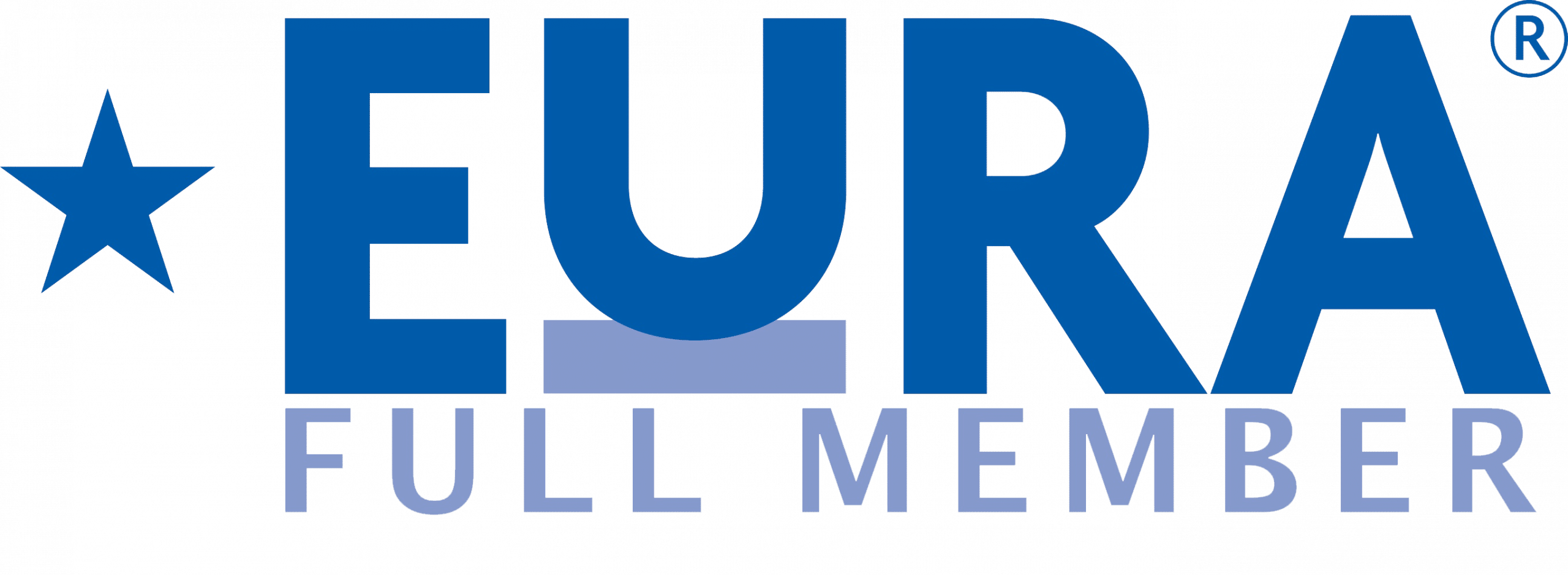
Consulting Corner — A Soft Landing: Successful Strategies to Relocate LGBTQIA+ Employees Safely
On December 13th, President Biden signed the Respect for Marriage Act into law. The Act requires states to recognize same-sex and interracial marriages across state lines and that couples are entitled to the same federal benefits as any other married couple.
While this grants protections to the LGBTQIA+ community in the U.S., these rights are not protected everywhere – and in fact, another country may have laws prohibiting these types of unions, displays of affection, and more. The Act is a stark reminder of the discrimination and risks LGBTQIA+ employees face when moving across state lines and the globe. Companies, therefore, need to ensure they are prepared to address these concerns and have a plan in place for relocating LGBTQIA+ employees safely.
We have outlined some considerations for mobility professionals to bring greater focus to this call to action.
What Is the Role of Global Mobility? What Does the Support Model Look Like?
Policy Development
Global mobility should ensure that mobility opportunities are available for all employees by developing accessible policies that consider the circumstances of a diverse workforce. Partnering with cross-functional teams, such as diversity, equity, and inclusion (DE&I) is important to create equitable policies. Intentional solicitation of input and guidance from LGBTQIA+ employees (especially those with assignment/ transfer experience), business resource groups, and other expert teams can be a valuable pursuit.
Open Discussions
We recommend mobility professionals facilitate proactive, open, and honest discussions with potential LGBTQIA+ expats, their host managers, and vendor partners at the outset of the recruitment and selection stage. Potential risks to the employee and the company should be carefully weighed before making the decision to offer/ accept an assignment. Thankfully, the resources to skill-build around discussing culturally sensitive topics have markedly increased over the last decade and are ubiquitous. Mentorship from business resource groups may also be helpful.
Cultural Awareness
Remaining culturally informed and up to speed on global events is imperative for mobility professionals. Providing formal cultural training and security briefings to prepare employees and spouses/ partners for what to expect in the new location is vital. People managers may also benefit from this opportunity to build their own cultural sensitivity and planning.
Location Risk Assessment
Building a location risk assessment (with subject matter expert input) can be a valuable tool to track and monitor country-specific risks, where countries may sit on a diversity spectrum (from low to high) and practical steps to take in review and preparation for a mobility case. A country-level action plan may vary from ‘go with awareness’ all the way to not permitting inbound mobility full-stop. It can be challenging to balance the business pressures and personal career aspirations with the risks involved but ultimately, safeguarding the employee must prevail.
DE&I Link
Diversity drives innovation. An inclusive environment for all in a workforce converts directly into employee engagement, empowerment, and productivity. An organization’s DE&I values and principles permeate throughout rewards programs and policies, including mobility. Working with vendor partners and their supplier networks who embody a mutual, like-minded DE&I commitment is a step toward integration and alignment.
Immigration Barriers
A significant step in providing support for non-binary and non-gendered individuals is the adoption by many countries (including Canada, Australia, India, Malta, Nepal, and New Zealand) of the X marker, neither claiming male nor female gender on passports and other legal documents. This was rolled out in April in the U.S. This indication, however, has not been embraced in all adopting locations due to fears over unintended implications. Formally utilizing the X marker carries the potential of singling out individuals or even preventing them from entering certain countries.
In addition to challenges with the employee’s immigration, the safety and immigration of any accompanying family should be assessed, as well. Concerns for LGBTQIA+ assignees and their family range from the refusal of spouse/partner visas, denied access to typical spouse benefits such as healthcare, or lack of acceptance of lifestyle – both in the workplace and in the country – resulting in reduced opportunities, feelings of alienation or even harassment.
What Is Duty of Care for the Employer? When Should Mobility Be Pulled Back?
Despite completing due diligence ahead of proceeding with the assignment/ transfer, it is possible the experience at the destination could become untenable. In some circumstances, the limitations on activity/ access and socialization in the host country for the employee (and accompanying family) may impact the experience to a degree to which the assignment is no longer viable.
The safety of the employee and accompanying family members is paramount. If they feel they can no longer thrive in the destination, repatriation is necessary. In some locations, the stakes may be even higher where the employee/partner could be harassed, fined, or arrested and legal support could be called for.
The response to a range of issues that could arise on an assignment must be given careful consideration prior to authorizing any assignment so that swift action can be taken to assist the employee. Employees must feel comfortable approaching their global mobility contact with any issues without fear that it will impact their overall career aspirations.
Impacts to the Employee’s Career Development
In many organizations, relocation opportunities are a tool to develop employees and future leaders by providing diverse career experiences and new challenges. They are a significant investment in an employee and their career and are often highly coveted opportunities. For the LGBTQIA+ community, relocation may pose a set of risks not experienced by other employee groups. A shared awareness of these risks by leaders, HR, and the employee is critical to ensure it does not impact the employee’s career and future.
Understanding the potential risks and having a “plan B” option for the employee when offering a new role can go a long way in building trust to foster an open dialogue. By establishing a backup plan for employees who may not be able to accept relocation to a specific location due to personal risk, it demonstrates the company’s commitment to the employee’s career development and acknowledges the reality of the unique challenges they face when considering an assignment.
As noted in McKinsey’s Diversity Wins series1, “the most diverse companies are now more likely than ever to outperform non-diverse companies on profitability.” Diversity, representation and ultimately inclusion strengthen company culture and are a winning combination. An organization’s commitment to its LGBTQIA+ team members goes well beyond building inclusive policies and deploying compliance training. Effective planning and building in protections into your mobility program can smooth the way to a soft landing and deliver on business goals, all at the same time.
Altair’s Global Consulting Services team can assist with building customized LGBTQIA+ plans into your mobility program. Email us at [email protected] to learn more.
About Global Consulting Services:

One size doesn’t fit all when it comes to our Client Partners’ programs, policies and cultures. In order to deliver an unmatched mobility experience, we provide expert recommendations and insights to build and strengthen our clients’ benefit offerings to meet their overall business and talent mobility objectives for the future. Working with more than 100 companies each year, Altair’s Global Consulting Services team takes a holistic approach to mobility by arming clients with first-rate data, research and trend information to find the best relocation and mobility solutions for your employees, your mobility program and your company.






